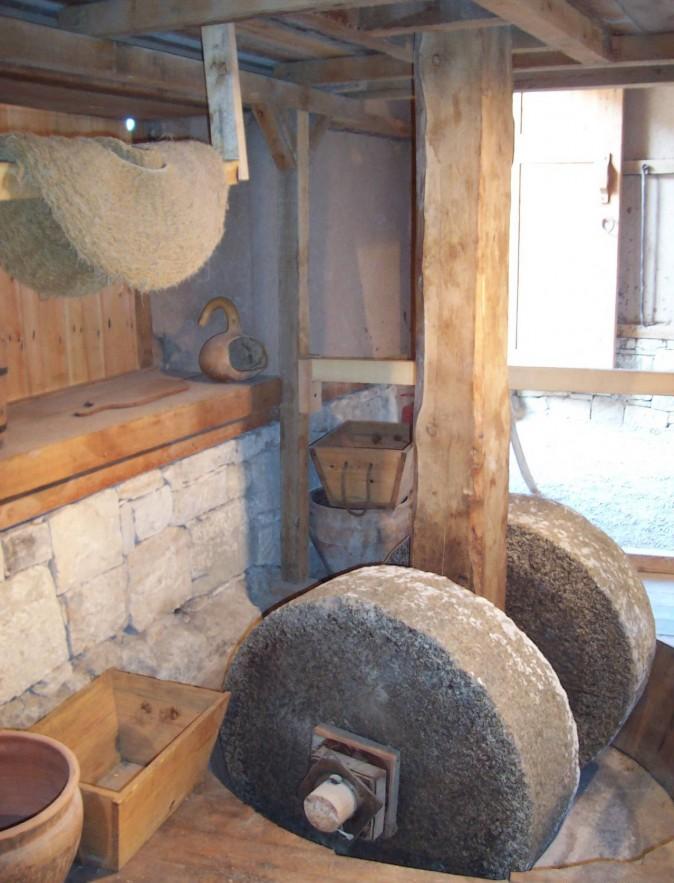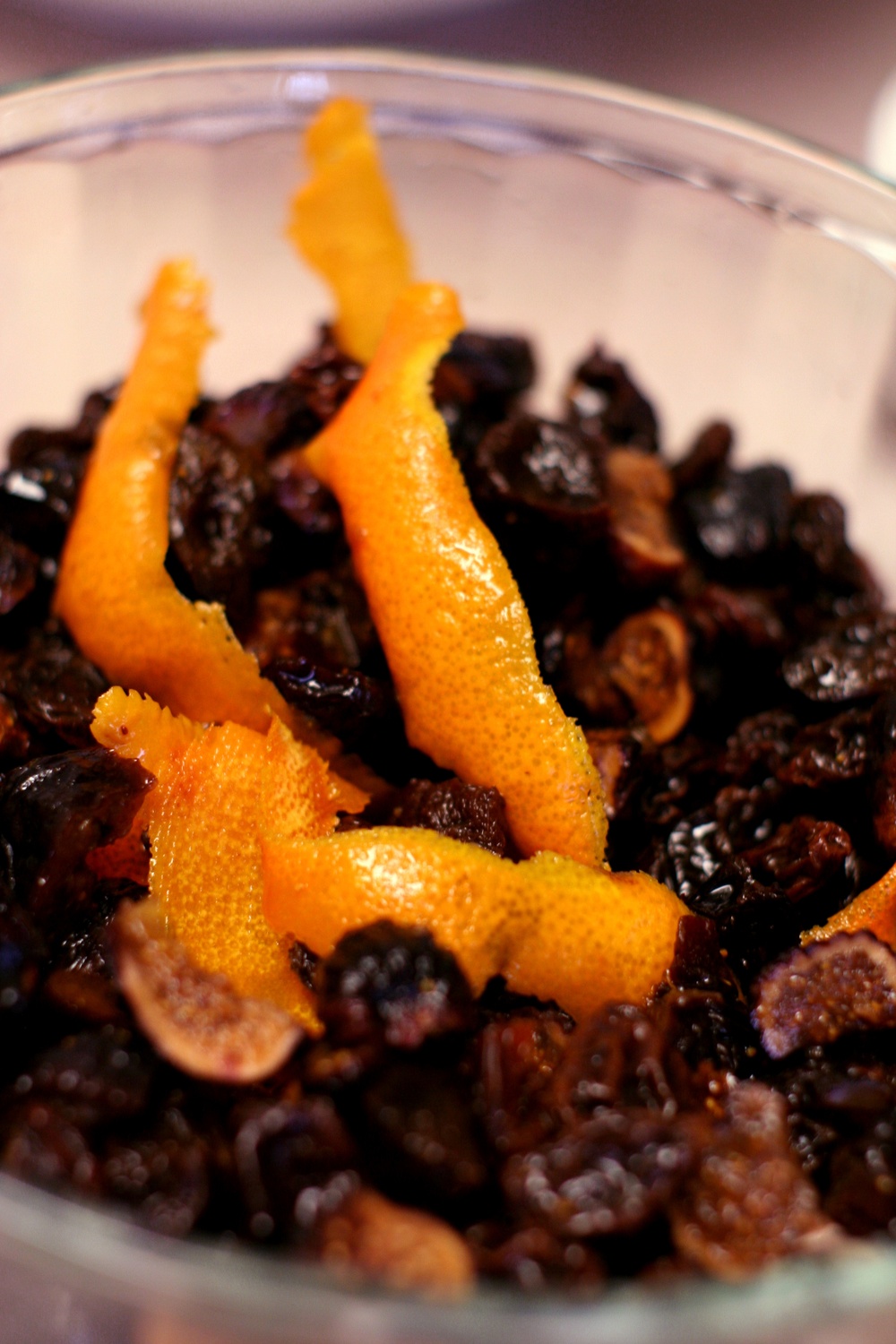|
Moroccan Black Soap
Moroccan black soap or beldi soap is a kind of soap originating in Morocco. It is a high-alkaline Castile soap made from olive oil and macerated olives with a gel-like consistency. This gives the soap its characteristic dark greenish-black color. In the of Morocco, black soap is used for cleansing, moisturizing the skin, and exfoliating. A pinch of soap is rubbed onto wet skin. After 5-10 minutes a coarse fabric washcloth called a is used to remove dead skin. The soap is high in Vitamin E. Moroccan black soap should not be confused with African black soap black soap, or black soap (also known by various local names such as ''ose dudu'', ''sabulun salo'', and ''ncha nkota''), is a kind of soap originating in West Africa. It is made from the ash of locally harvested African plants and dried peels, ..., as the ingredients and place of manufacture are quite different. References Soaps {{product-stub ... [...More Info...] [...Related Items...] OR: [Wikipedia] [Google] [Baidu] |
Soap
Soap is a salt of a fatty acid used in a variety of cleansing and lubricating products. In a domestic setting, soaps are surfactants usually used for washing, bathing, and other types of housekeeping. In industrial settings, soaps are used as thickeners, components of some lubricants, and precursors to catalysts. When used for cleaning, soap solubilizes particles and grime, which can then be separated from the article being cleaned. In hand washing, as a surfactant, when lathered with a little water, soap kills microorganisms by disorganizing their membrane lipid bilayer and denaturing their proteins. It also emulsifies oils, enabling them to be carried away by running water. Soap is created by mixing fats and oils with a base. A similar process is used for making detergent which is also created by combining chemical compounds in a mixer. Humans have used soap for millennia. Evidence exists for the production of soap-like materials in ancient Babylon around 280 ... [...More Info...] [...Related Items...] OR: [Wikipedia] [Google] [Baidu] |
Morocco
Morocco (),, ) officially the Kingdom of Morocco, is the westernmost country in the Maghreb region of North Africa. It overlooks the Mediterranean Sea to the north and the Atlantic Ocean to the west, and has land borders with Algeria to the east, and the disputed territory of Western Sahara to the south. Mauritania lies to the south of Western Sahara. Morocco also claims the Spanish exclaves of Ceuta, Melilla and Peñón de Vélez de la Gomera, and several small Spanish-controlled islands off its coast. It spans an area of or , with a population of roughly 37 million. Its official and predominant religion is Islam, and the official languages are Arabic and Berber; the Moroccan dialect of Arabic and French are also widely spoken. Moroccan identity and culture is a mix of Arab, Berber, and European cultures. Its capital is Rabat, while its largest city is Casablanca. In a region inhabited since the Paleolithic Era over 300,000 years ago, the first Moroccan st ... [...More Info...] [...Related Items...] OR: [Wikipedia] [Google] [Baidu] |
Castile Soap
Castile soap is an olive oil based hard soap made in a style similar to that originating in the Castile region of Spain. History The origins of Castile soap go back to the Levant, where Aleppo soap-makers have made hard soaps based on olive and laurel oil for millennia. It is commonly believed that the Crusaders brought Aleppo soap back to Europe in the 11th century, based on the claim that the earliest soap made in Europe was just after the Crusades, but in fact, the Greeks knew about soap in the first century AD and Zosimos of Panopolis described soap and soapmaking in c. 300 AD. Following the Crusades, production of this soap extended to the whole Mediterranean area. Early soap-makers in the Mediterranean area did not have easy access to laurel oil and therefore dropped it from their formulations, thereby creating an olive-oil soap now known as Castile soap. Castile soap is so called because it was produced on a large scale in the territories of the Crown of Castile, f ... [...More Info...] [...Related Items...] OR: [Wikipedia] [Google] [Baidu] |
Olive Oil
Olive oil is a liquid fat obtained from olives (the fruit of ''Olea europaea''; family Oleaceae), a traditional tree crop of the Mediterranean Basin, produced by pressing whole olives and extracting the oil. It is commonly used in cooking: for frying foods or as a salad dressing. It can be found in some cosmetics, pharmaceuticals, soaps, and fuels for traditional oil lamps. It also has additional uses in some religions. The olive is one of three core food plants in Mediterranean cuisine; the other two are wheat and grapes. Olive trees have been grown around the Mediterranean since the 8th millennium BC. In 2019–2020, world production of olive oil was . Spain was the largest producer followed by Italy, Tunisia, Greece, Turkey and Morocco. San Marino has by far the largest per capita consumption of olive oil worldwide. The composition of olive oil varies with the cultivar, altitude, time of harvest, and extraction process. It consists mainly of oleic acid (up to 83 ... [...More Info...] [...Related Items...] OR: [Wikipedia] [Google] [Baidu] |
Maceration (food)
Maceration is the process of preparing foods through the softening or breaking into pieces using a liquid. Raw, dried or preserved fruit or vegetables are soaked in a liquid to soften the food, or absorb the flavor of the liquid into the food. In the case of fresh fruit, particularly soft fruit such as strawberries and raspberries, the fruit is often simply sprinkled with sugar (and sometimes a small amount of salt) and left to sit and release its own juices. This process makes the food more flavorful and easier to chew and digest. Maceration is often confused with marination, which is the process of soaking foods in a seasoned, often acidic, liquid before cooking. Some herbal preparations call for maceration, as it is one way to extract delicate or highly volatile herbal essences without applying heat. Sometimes a cooking oil is used as the liquid for maceration – especially olive or some other vegetable oil. Maceration is the chief means of producing a flavored alcohol ... [...More Info...] [...Related Items...] OR: [Wikipedia] [Google] [Baidu] |
Olive
The olive, botanical name ''Olea europaea'', meaning 'European olive' in Latin, is a species of small tree or shrub in the family Oleaceae, found traditionally in the Mediterranean Basin. When in shrub form, it is known as ''Olea europaea'' 'Montra', dwarf olive, or little olive. The species is cultivated in all the countries of the Mediterranean, as well as in Australia, New Zealand, North and South America and South Africa. ''Olea europaea'' is the type species for the genus '' Olea''. The olive's fruit, also called an "olive", is of major agricultural importance in the Mediterranean region as the source of olive oil; it is one of the core ingredients in Mediterranean cuisine. The tree and its fruit give their name to the plant family, which also includes species such as lilac, jasmine, forsythia, and the true ash tree. Thousands of cultivars of the olive tree are known. Olive cultivars may be used primarily for oil, eating, or both. Olives cultivated for consumption a ... [...More Info...] [...Related Items...] OR: [Wikipedia] [Google] [Baidu] |
Turkish Bath
A hammam ( ar, حمّام, translit=ḥammām, tr, hamam) or Turkish bath is a type of steam bath or a place of public bathing associated with the Islamic world. It is a prominent feature in the culture of the Muslim world and was inherited from the model of the Roman '' thermae.'' Muslim bathhouses or hammams were historically found across the Middle East, North Africa, al-Andalus (Islamic Spain and Portugal), Central Asia, the Indian subcontinent, and in Southeastern Europe under Ottoman rule. A variation on the Muslim bathhouse, the Victorian Turkish bath, became popular as a form of therapy, a method of cleansing, and a place for relaxation during the Victorian era, rapidly spreading through the British Empire, the United States of America, and Western Europe. In Islamic cultures the significance of the hammam was both religious and civic: it provided for the needs of ritual ablutions but also provided for general hygiene in an era before private plumbing and s ... [...More Info...] [...Related Items...] OR: [Wikipedia] [Google] [Baidu] |
Vitamin E
Vitamin E is a group of eight fat soluble compounds that include four tocopherols and four tocotrienols. Vitamin E deficiency, which is rare and usually due to an underlying problem with digesting dietary fat rather than from a diet low in vitamin E, can cause nerve problems. Vitamin E is a fat-soluble antioxidant which may help protect cell membranes from reactive oxygen species. Worldwide, government organizations recommend adults consume in the range of 3 to 15 mg per day. As of 2016, consumption was below recommendations according to a worldwide summary of more than one hundred studies that reported a median dietary intake of 6.2 mg per day for alpha-tocopherol. Population studies suggested that people who consumed foods with more vitamin E, or who chose on their own to consume a vitamin E dietary supplement, had lower incidence of cardiovascular diseases, cancer, dementia, and other diseases. However, placebo-controlled clinical trials using alpha-tocopherol as a ... [...More Info...] [...Related Items...] OR: [Wikipedia] [Google] [Baidu] |
African Black Soap
black soap, or black soap (also known by various local names such as ''ose dudu'', ''sabulun salo'', and ''ncha nkota''), is a kind of soap originating in West Africa. It is made from the ash of locally harvested African plants and dried peels, which gives the soap its characteristic dark colour. Black soap has become a popular toiletry product in North America. In West Africa, especially Ghana, black soap is often made by women using traditional recipes and is often exported through fair trade groups. Black soap, known as ''ose-dudu'' originated with the Yoruba people of Nigeria. A combination of ''ose-dudu'' with leaves of the tropical camwood tree (''Pterocarpus osun'') produces a popular kind of soap with exfoliating properties called ''dudu-osun''. Other varieties from other cultures include ''sabulun salo'', ''ncha nkota.'' Black soap has been found to have some antimicrobial properties against skin microbiota such as ''Staphylococcus aureus, Escherichia coli ''and ... [...More Info...] [...Related Items...] OR: [Wikipedia] [Google] [Baidu] |






